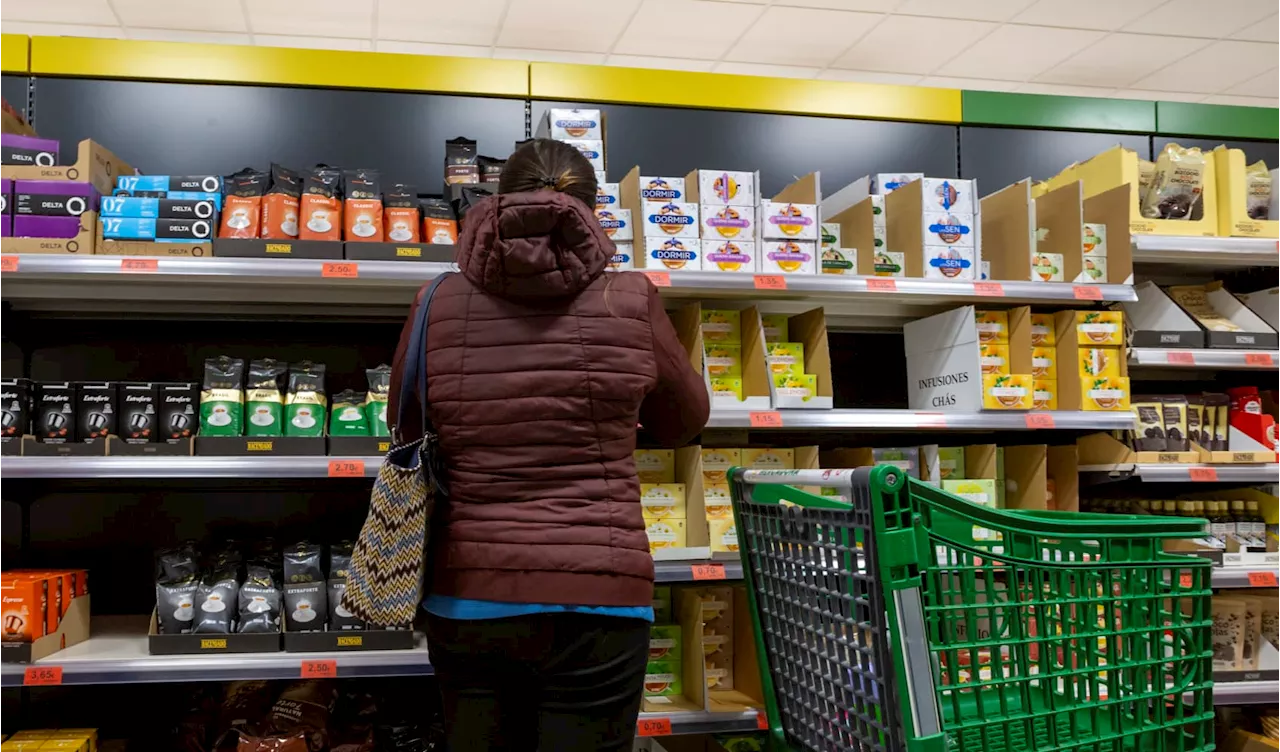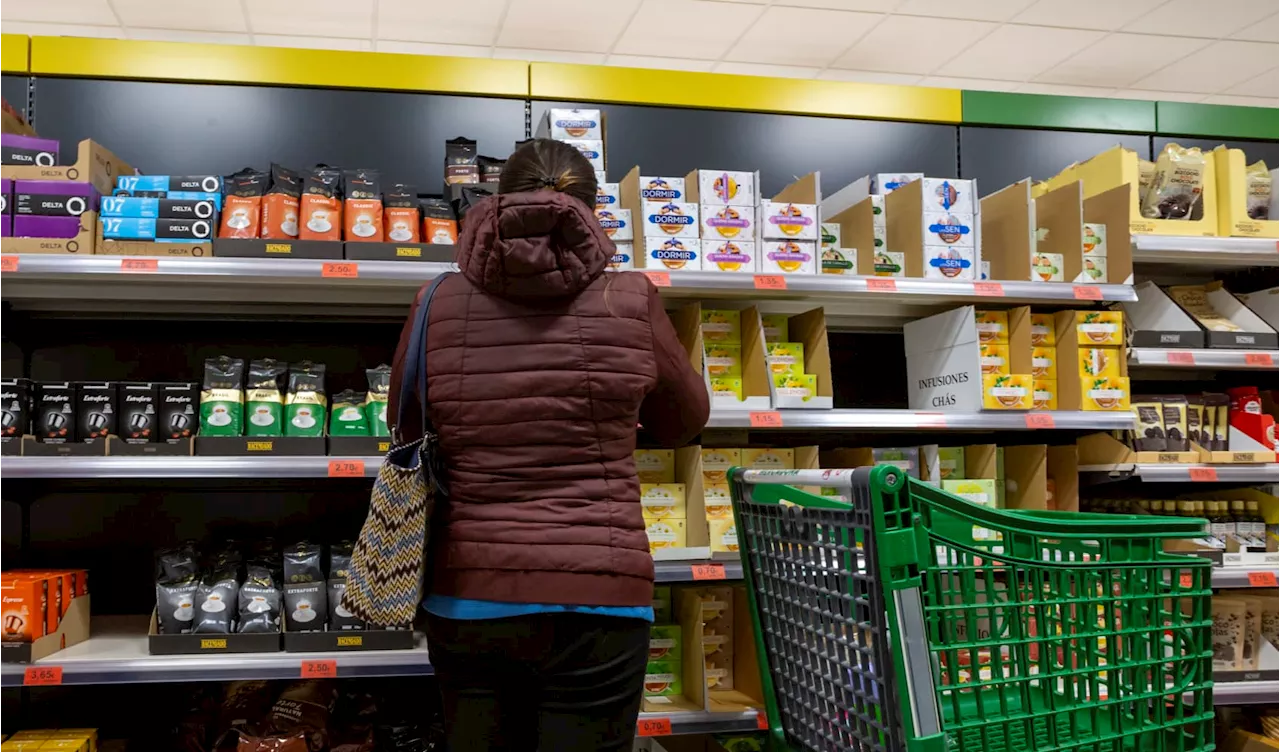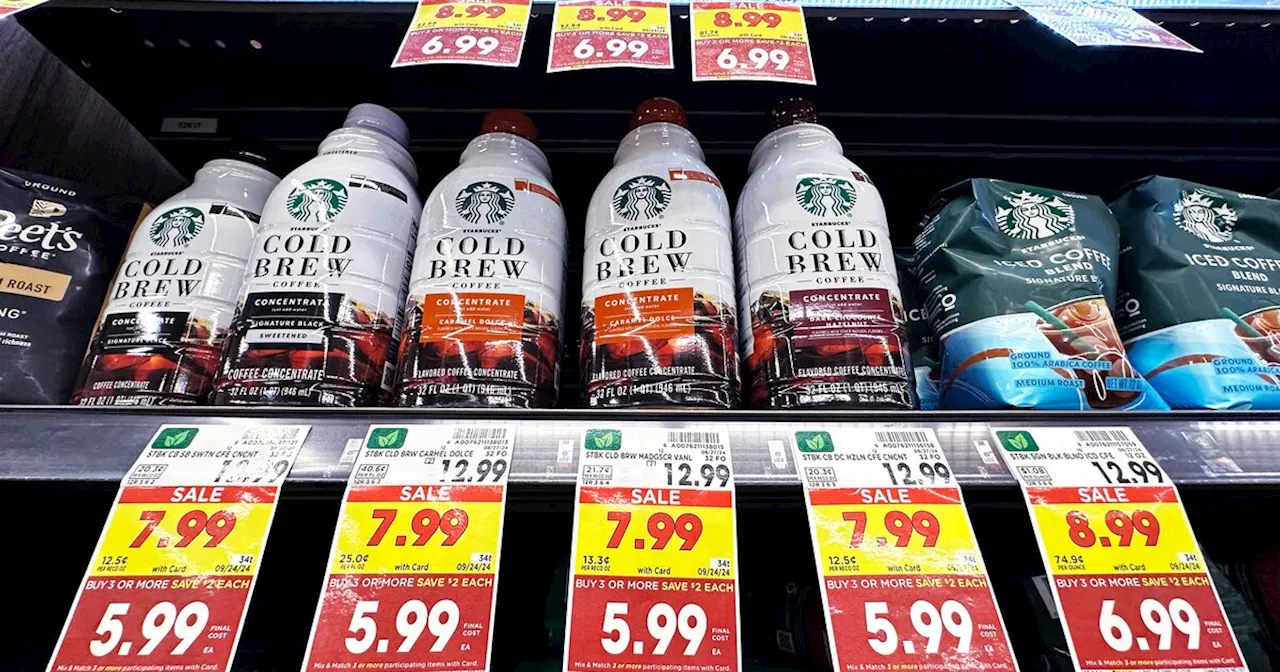US inflation unexpectedly rose in January, propelled by increases in grocery prices, gasoline, and shelter costs. The Labor Department reported a 0.5% increase in prices between December and January, exceeding forecasts for a moderation in price hikes.
Egg prices soared more than 15% in January, a direct consequence of farmers having to cull millions of laying hens due to the widespread outbreak of avian flu. This surge in grocery prices, coupled with increases in gasoline and shelter costs, contributed to a higher-than-expected overall inflation rate. The Labor Department reported a surprising jump in inflation last month, marking a larger annual increase compared to the previous month. Prices climbed by 0.
5% between December and January alone. Economists had anticipated a slowdown in price hikes, but inflation proved stubbornly persistent. The news sent shockwaves through the stock markets, causing the Dow Jones Industrial Average to plummet by over 350 points within the first half-hour of trading.Even when excluding volatile food and energy prices, 'core inflation' also exceeded forecasts, reaching 3.3%. The prices of auto insurance, used cars, and airline tickets all saw increases last month. This broad price escalation could have a ripple effect on a wide range of goods and services, from automobiles and canned soup to soft drinks and beer. The Federal Reserve is closely monitoring these trends and is likely to remain cautious before making any further cuts to interest rates. The persistence of inflation is a significant concern for policymakers as they strive to maintain price stability
INFLATION ECONOMIC GROWTH FEDERAL RESERVE CONSUMER PRICES AVIAN FLU
United States Latest News, United States Headlines
Similar News:You can also read news stories similar to this one that we have collected from other news sources.
 Eurozone Inflation Surges Unexpectedly to 2.5% in JanuaryEurozone inflation rose unexpectedly to 2.5% in January, driven by a sharp acceleration in energy costs. This figure exceeded economists' forecasts and marks a resurgence in inflationary pressures after a temporary dip in recent months. Core inflation, which excludes volatile food and energy prices, remained stable at 2.7%. While services inflation eased slightly from December's 4%, it continues to hover around 4% – a level that has persisted for over a year. This persistent core inflation and high services inflation are likely to influence the European Central Bank's (ECB) monetary policy decisions. The ECB recently cut interest rates by 25 basis points, but further reductions are anticipated throughout the year. However, economists caution that potential trade tariffs between the EU and the US could add to inflationary risks, making it more challenging for the ECB to achieve its 2% inflation target.
Eurozone Inflation Surges Unexpectedly to 2.5% in JanuaryEurozone inflation rose unexpectedly to 2.5% in January, driven by a sharp acceleration in energy costs. This figure exceeded economists' forecasts and marks a resurgence in inflationary pressures after a temporary dip in recent months. Core inflation, which excludes volatile food and energy prices, remained stable at 2.7%. While services inflation eased slightly from December's 4%, it continues to hover around 4% – a level that has persisted for over a year. This persistent core inflation and high services inflation are likely to influence the European Central Bank's (ECB) monetary policy decisions. The ECB recently cut interest rates by 25 basis points, but further reductions are anticipated throughout the year. However, economists caution that potential trade tariffs between the EU and the US could add to inflationary risks, making it more challenging for the ECB to achieve its 2% inflation target.
Read more »
 US Inflation Rises Unexpectedly in January, Fueling Price ConcernsUS consumer prices increased by 3% in January compared to the previous year, exceeding economists' predictions and raising concerns about persistent inflation. The rise, attributed to factors like surging egg prices due to avian flu and increased beef and bacon costs, contrasts with falling prices for bread, rice, and tomatoes. Core inflation, excluding volatile food and energy prices, also ticked up. The Federal Reserve's decision to hold interest rates steady in the face of this inflation indicates ongoing concern about price stability. The Trump administration's tariffs, coupled with political blame-shifting, further complicate the economic outlook.
US Inflation Rises Unexpectedly in January, Fueling Price ConcernsUS consumer prices increased by 3% in January compared to the previous year, exceeding economists' predictions and raising concerns about persistent inflation. The rise, attributed to factors like surging egg prices due to avian flu and increased beef and bacon costs, contrasts with falling prices for bread, rice, and tomatoes. Core inflation, excluding volatile food and energy prices, also ticked up. The Federal Reserve's decision to hold interest rates steady in the face of this inflation indicates ongoing concern about price stability. The Trump administration's tariffs, coupled with political blame-shifting, further complicate the economic outlook.
Read more »
 Eurozone Inflation Rises Unexpectedly to 2.5% in JanuaryEurozone inflation unexpectedly increased to 2.5% in January, driven by a surge in energy prices. Core inflation, excluding volatile food, energy, alcohol, and tobacco prices, remained at 2.7%. While services inflation edged lower to 3.9%, energy prices and core inflation exceeded expectations. Economists suggest that inflation is likely to remain near the ECB's 2% target throughout the year.
Eurozone Inflation Rises Unexpectedly to 2.5% in JanuaryEurozone inflation unexpectedly increased to 2.5% in January, driven by a surge in energy prices. Core inflation, excluding volatile food, energy, alcohol, and tobacco prices, remained at 2.7%. While services inflation edged lower to 3.9%, energy prices and core inflation exceeded expectations. Economists suggest that inflation is likely to remain near the ECB's 2% target throughout the year.
Read more »
 Euro Zone Inflation Surges to 2.5% in January as Energy Prices JumpThe euro zone experienced an unexpected increase in inflation to 2.5% in January, driven primarily by a sharp rise in energy costs. This exceeded economists' expectations and raises concerns about the persistence of inflationary pressures.
Euro Zone Inflation Surges to 2.5% in January as Energy Prices JumpThe euro zone experienced an unexpected increase in inflation to 2.5% in January, driven primarily by a sharp rise in energy costs. This exceeded economists' expectations and raises concerns about the persistence of inflationary pressures.
Read more »
 US Inflation Surges in January, Raising Concerns for Economy and Fed PolicyUS inflation unexpectedly jumped in January, prompting concerns about the economy and the Federal Reserve's monetary policy. The consumer price index rose 3% from a year ago, exceeding expectations and signaling continued inflationary pressures. This development could influence the Fed's decision to raise interest rates further, potentially impacting borrowing costs for consumers and businesses.
US Inflation Surges in January, Raising Concerns for Economy and Fed PolicyUS inflation unexpectedly jumped in January, prompting concerns about the economy and the Federal Reserve's monetary policy. The consumer price index rose 3% from a year ago, exceeding expectations and signaling continued inflationary pressures. This development could influence the Fed's decision to raise interest rates further, potentially impacting borrowing costs for consumers and businesses.
Read more »
 Mild Winter for COVID, But Flu Season Surges UnexpectedlyThis winter has seen a significant drop in the severity of respiratory illnesses compared to previous years. While COVID cases have been milder, the flu season has taken an unexpected turn with a second peak emerging, raising concerns about the potential for dangerous mutations.
Mild Winter for COVID, But Flu Season Surges UnexpectedlyThis winter has seen a significant drop in the severity of respiratory illnesses compared to previous years. While COVID cases have been milder, the flu season has taken an unexpected turn with a second peak emerging, raising concerns about the potential for dangerous mutations.
Read more »
